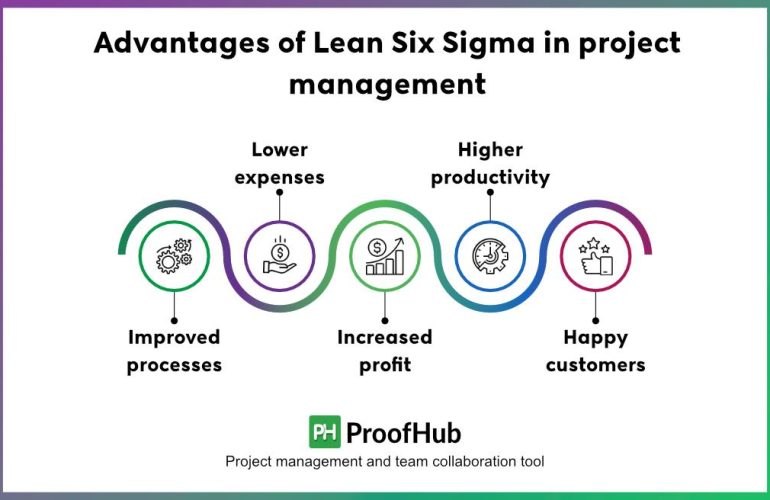
If you’re reading this, then, we’d assume that you are in a desperate (?) need for inspiration or advice from the rich and famous who seem to have long figured it all out. Whatever background you’re coming from, it wouldn’t hurt to learn more tips to boost your own productivity and that of your team. And in this article, we’ll see how different entrepreneurs have tackled their productivity issues and what lessons they teach.
Stephen Covey, First Things First
Shane Parrish, “Farnam Street”
David Allen, Getting Things Done
Tim Ferriss, The 4-Hour Work Week
Keith Ferrazzi, Never Eat Alone
I remember reading an article about Warren Buffett’s 80/20 rule (well, actually Pareto’s rule, but never mind), which basically proposed the following: take an hour off and write 100 things you want to achieve in life. Then take a few moments to reflect on 20 most important things out of 100 that you really want to achieve first. Now, that you’ve chosen those 20 most important things, scratch the other 80, forget them, throw them into the bin, if you like, and never come back to them. Only concentrate on those 20. And although this rule seems a bit weird and bizarre, it obviously works. I mean, look at Warren Buffett, right? The article was a true revelation for me because when I did what Buffett suggested, I was amazed at how suddenly clear I could portray the vision for my future for the first time in years. I suddenly knew the steps I needed to take to get closer to my goal and it just made things a lot more simple.
This is the kind of advice I was looking for when I started gathering materials for this article. I wanted something really simple and that would clearly work. Here’s what I found.
Stephen Covey, First Things First
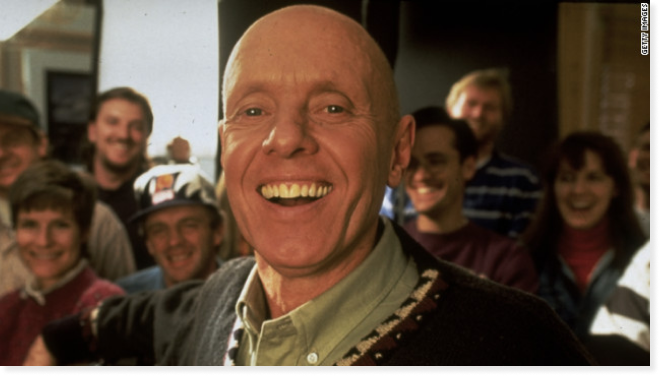
Stephen Covey was a famous American businessman, educator, and keynote speaker. He was also a prolific writer, whose famous works include The 7 Habits of Highly Effective People, First Things First, The 8th Habit, and more. However, the tip we particularly like comes from Covey’s First Things First, which further popularizes the approach developed in Covey’s earlier books.
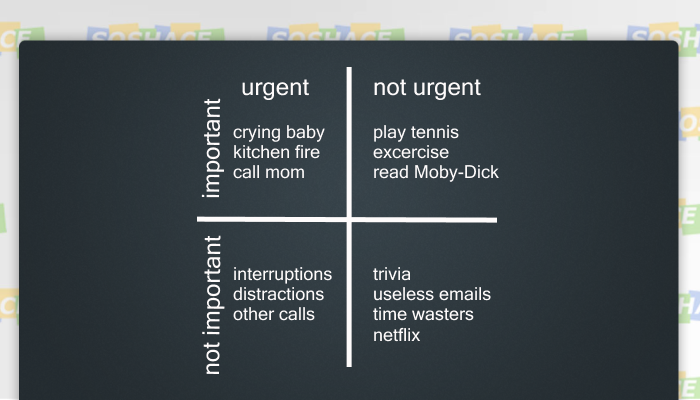
In the book, Covey urges the use of the four-quadrant “Eisenhower Decision Matrix” to establish immediate and long-term priorities. Covey suggests identifying your priorities each week (or better: every day) using the matrix and concentrating on the most urgent and important events first. Important and not urgent events, he argues, are often neglected, which the author says is the exact culprit of maintaining a life-work balance. To prevent this from happening, he advises identifying one such goal for each week and scheduling a specific time for that goal before every other events and meetings sink in. For example, if your important but not urgent goal is to play tennis, then make a room for your hobby every week. In general, whatever your tight schedule is, don’t forget to have a room for the family. In other words: identify the big things and concentrate on those, ignoring or delegating every other unimportant or less important events; this way you’ll have more time for yourself, your family, your hobbies.
Shane Parrish, “Farnam Street”
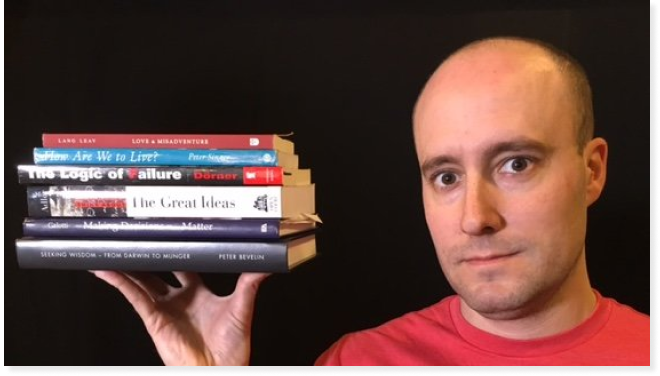
Shane Parrish is a former Canadian intelligence officer; he blogs at his website “Farnam Street” about decision making, learning, and living a better life. Parrish has been recently featured in the “Art of Manliness” podcast; his articles are avidly shared and read among Silicon Valley entrepreneurs, Wall Street investors, and everyone else, really, who’s keen on learning more about productivity, mental models, and accelerated learning.
Honestly, Parrish’s blog is so prolific in high-quality advice that it’s really hard to pick just one. You really need to check the whole site, because it’s an unfathomably infinite well of knowledge and tips that the scope of this article just won’t be able to cover.
However, I picked up one particularly interesting and counter-intuitive advice that claims to instantly boost anyone’s productivity: control your time by saying “no.” The lesson goes like this: most people say “yes” to everything by default, but the real value comes from saying “no.” You can’t have other people control your life, you need to take charge; one way of doing just that is to stop making numerous to-do lists and start scheduling things that are vital to you.

Another important factor that directly relates to learning the art of “scheduling” is thinking about your energy levels for each particular task. For example, do important things first thing in the morning, when your energy level is high. Don’t allow your valuable morning time to be spent on low-value tasks, like sending emails or catching up with colleagues. Instead, steer your energy into tasks that matter to you and that you have complete control of. Being productive is about being more conscious about things you do and putting your energy into one or two things that will make a huge difference in the way you live and work.
David Allen, Getting Things Done
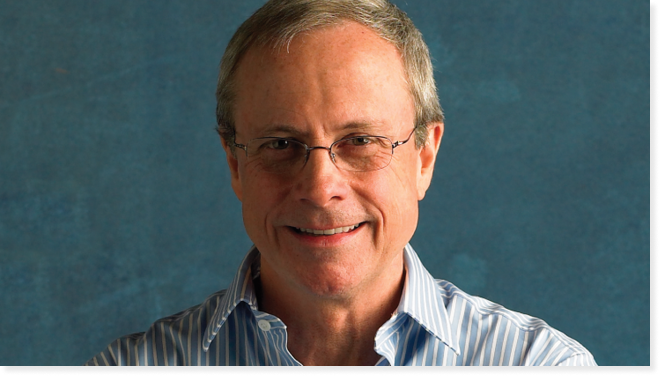
David Allen, as you may already know, is a famous management consultant and executive coach. His well-known book, Getting Things Done, is a national bestseller that has been featured in numerous established publications, like Fortune, The New York Times, The Wall Street Journal, etc. Getting Things Done preaches the approach of, well, you guessed it, getting all the things actually done.
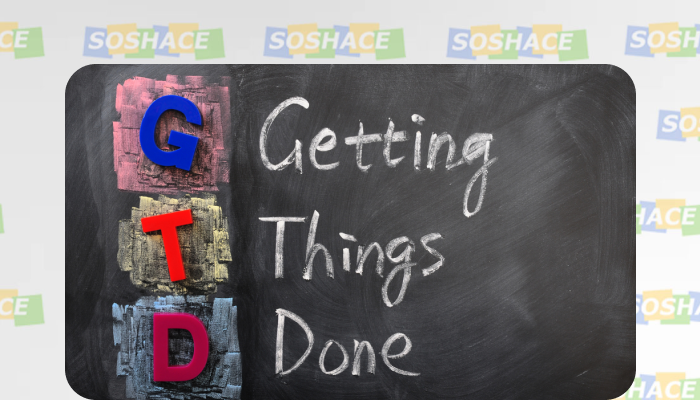
To achieve that kind of productivity, David Allen suggests becoming one’s most productive self by being able to think clearly. And to think clearly, one needs to get rid of all the planned things from the short-term memory. One way to do this is to write down all unfulfilled commitments to oneself into a program where all the data is going to be stored, thus ridding you of thinking and reminding yourself about those things. As soon as you store the data in a program (can be anything from a virtual assistant, Google calendar, Evernote, or notebook), you need to take a proactive approach and start fulfilling the tasks: choose the important tasks to complete and take action to complete it, as well track your progress in a trusted system. You can implement this approach on a daily, weekly, or monthly basis. However, Allen suggests making GTD plan every day and completing the tasks that take less than two minutes immediately to forever erase them from the physic memory.
Tim Ferriss, The 4-Hour Work Week
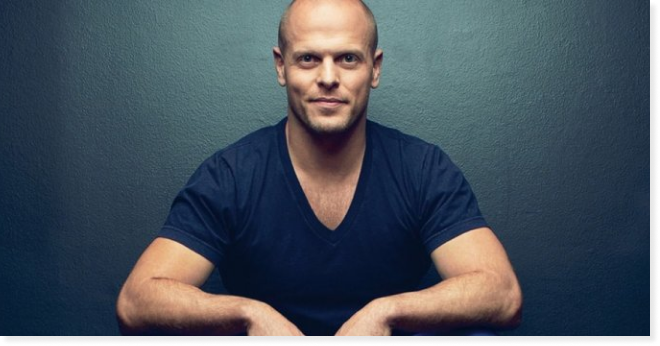
Tim Ferriss is a famous American podcaster, entrepreneur, angel investor, and, of course, author of five bestselling books about getting control of your life, getting yourself rid of corporate shackles, and overall living a more productive fulfilling life. After having worked at a tech startup for a few years, Tim Ferriss decided to break the vicious cycle, took a “mini-retirement”, and streamlined his own business. The 4-Hour Work Week is divided into four parts, where Ferriss explores the lifestyle design that he himself has created: defining objectives, eliminating distractions, outsourcing your life, liberating oneself from traditional expectations.
The advice we’ve chosen for this article is that from the outsourcing chapters: Ferriss preaches outsourcing mundane, time-sucking tasks to a virtual assistant, or to anyone else that can save you valuable time. For example, instead of mowing your lawn for the whole day and bragging about saving 20 bucks, find someone who can do that for you, because your time and your day is much more than 20 bucks, right? Same goes for cleaning your apartment, taking care of your kids (although this one is a little debatable), daily shopping, or managing calendars, etc. The time that you save on outsourcing can be spent by doing things you truly love or by making money.
Keith Ferrazzi, Never Eat Alone
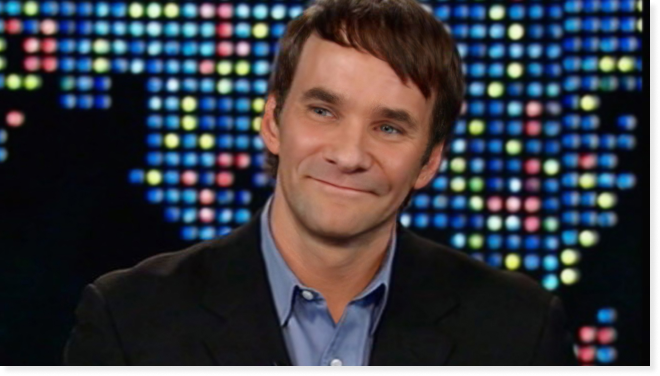
Keith Ferrazzi is an American entrepreneur, founder of Ferrazzi Greenland, and the author of two bestselling networking books, one of which we particularly like, Never Eat Alone. Ferrazzi argues that networking is key to both success and productivity.
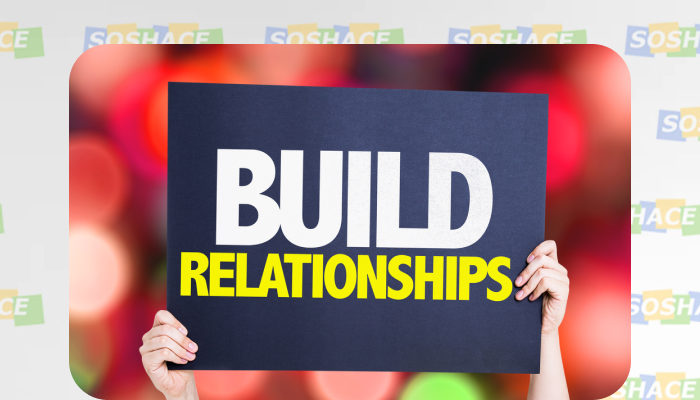
Without the help and impact of his mentors, Ferrazzi says he would not be where he is today. He advises to reach out to and seek the most successful people around and ask for their help and guidance. That way you’ll save tons of time on figuring stuff out, and instead, listen to other people’s experience and learn from their mistakes. The author suggests starting out by initiating a meeting with one person a week; doesn’t matter who that person is going to be; that way you’ll learn to communicate. Build different networks, for example, from the people you meet on the bus to aspirational leaders, those of creative professions, artists, or musicians. And never, ever disappear on anyone. If you don’t know where to start, Ferrazzi offers a fail-safe list of conversation starters, which might seem super simple and obvious, but they work! For example, “tell me about the challenges of your job,” “or what do you enjoy most about your profession?” And if you everything fails, then just say: “you are wonderful, please, tell me more.”
Conclusion
Overall, whatever you’re doing in life: building a business, hiring personnel, developing a web application, or trying to move beyond office space and start working remotely, there’s something in this article for you too. You can employ any of those techniques to boost your productivity: just apply the tips to your own environment. Thus, if you are tired of working for someone, start with Tim Ferriss’s The 4-Hour Work Week; if you feel like you’re overwhelmed with unimportant tasks, maybe Shane Parrish’s blog is for you; or if you feel the need to learn from others and share your own productivity tips, then Never Eat Alone seems like a good starting point.






